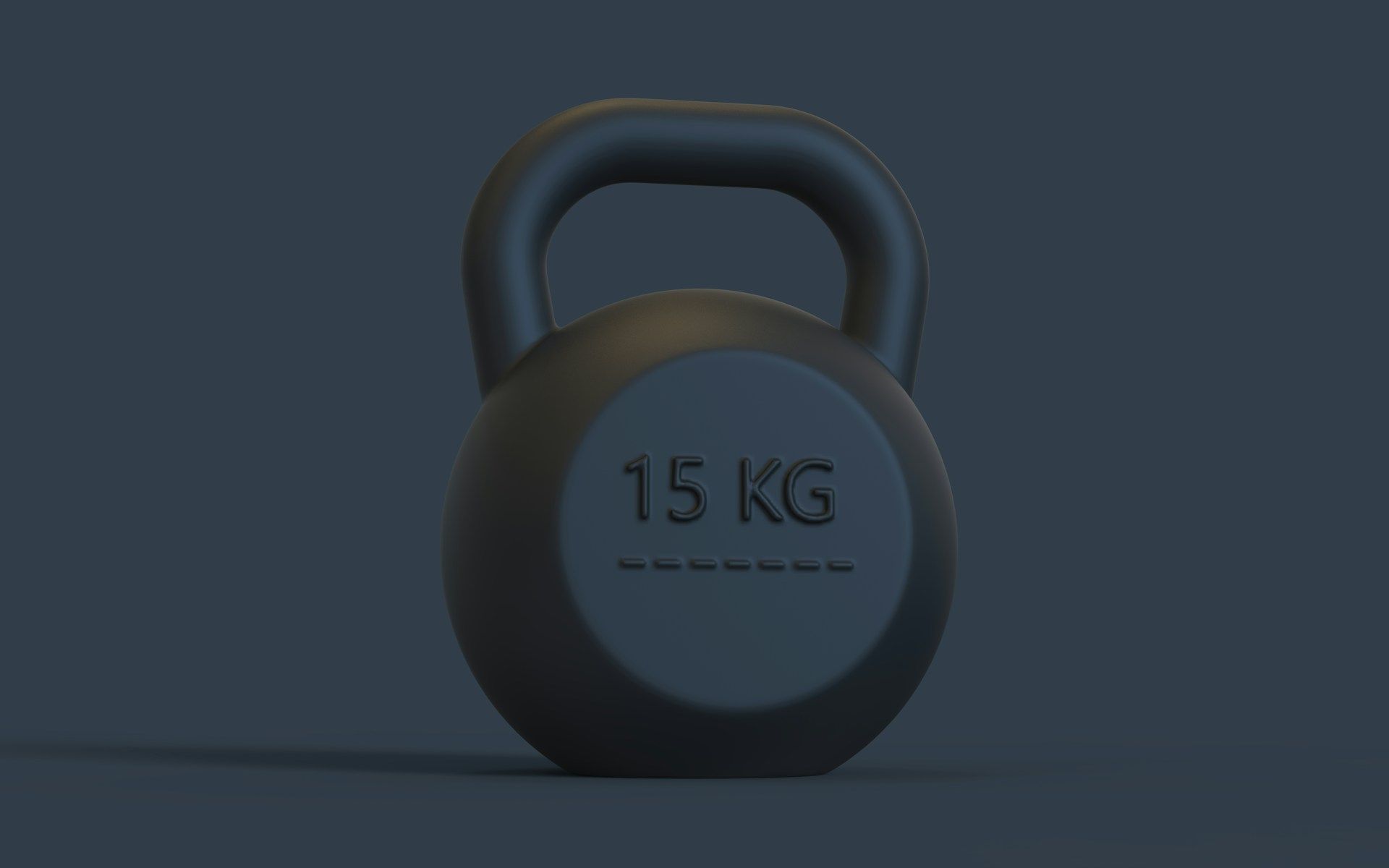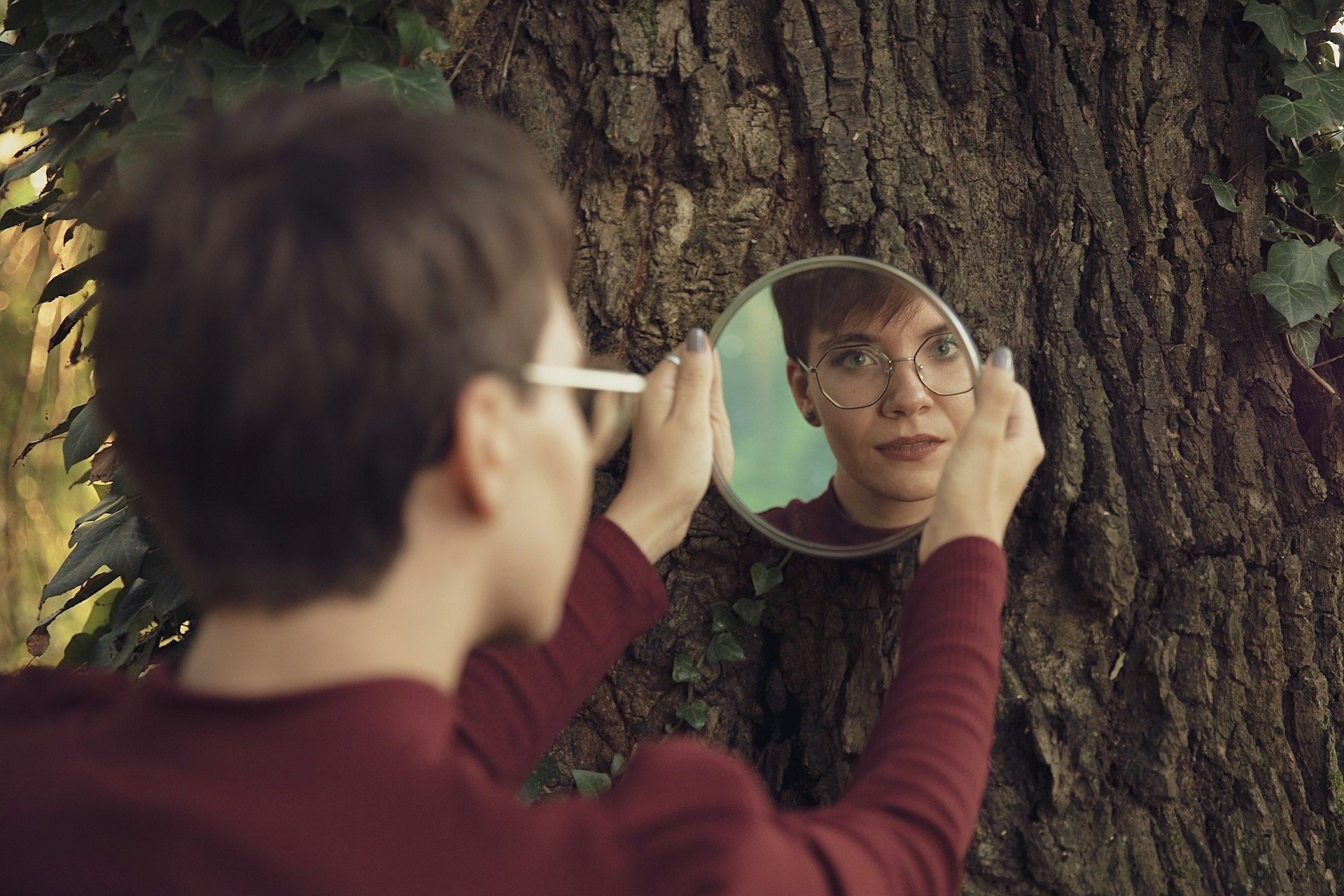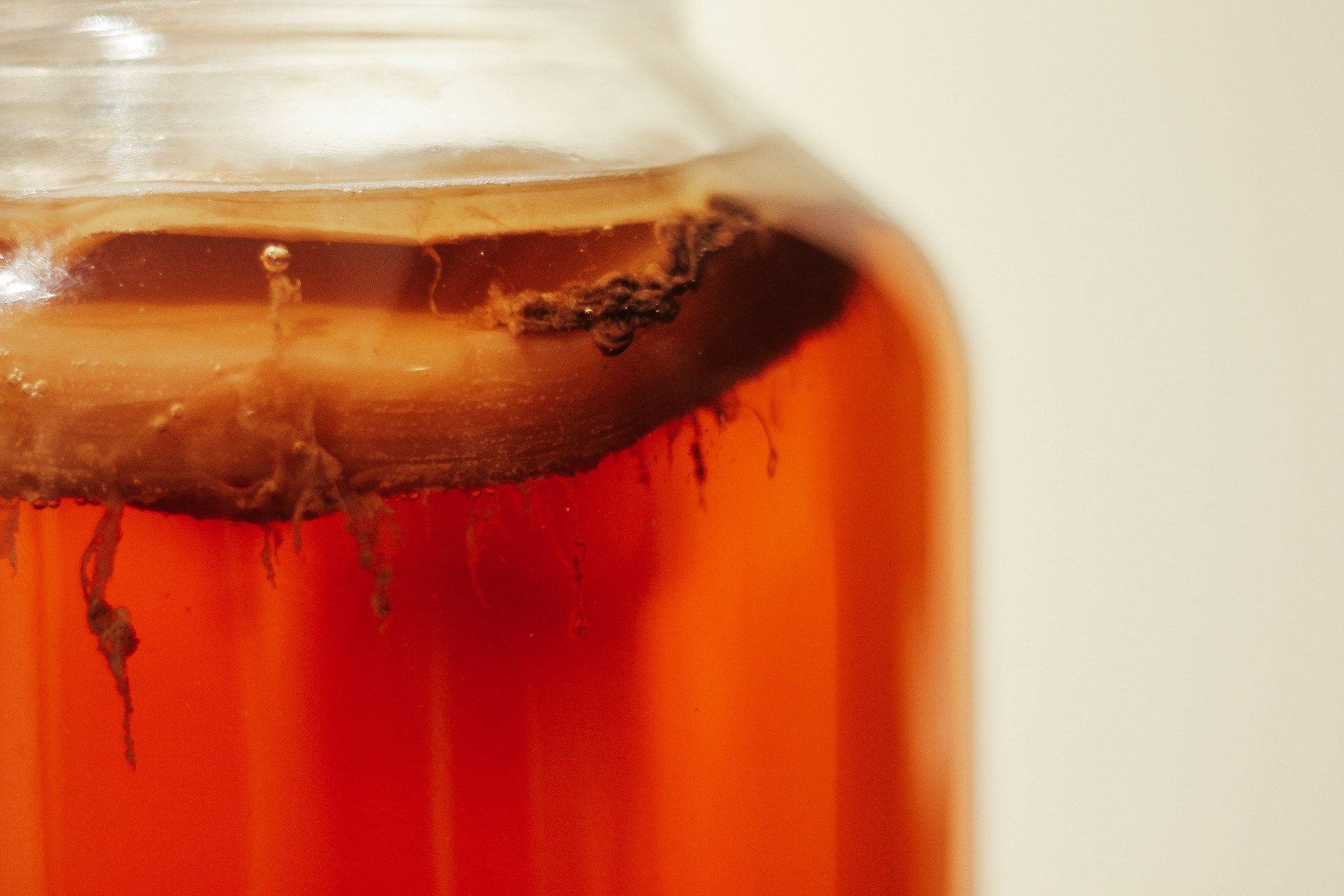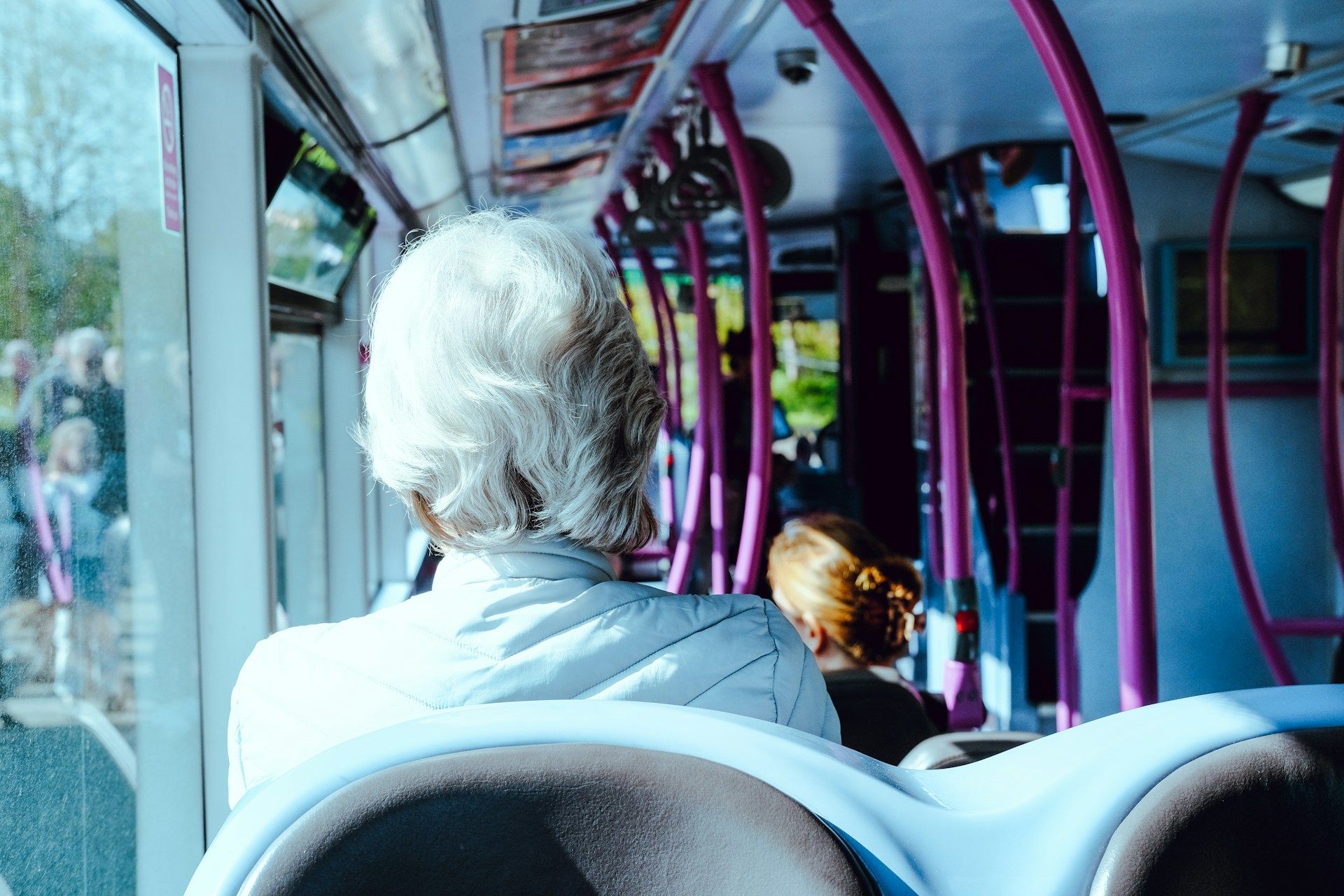Make a Difference: Recycling Works Best When You Do It Right
We at Only in Sedona try to encourage good environmental stewardship however we can. Sedona is like no other place on Earth, but humans won’t be able to visit this or other magical spaces if climate change continues unchecked. One of the best things anyone can do to green their footprint is recycle. However, you have to do it right for it to count.
Waste management is, admittedly, a tough problem in the United States. Many places lack convenient recycling receptacles, making the burden harder on consumers. The rise of single-stream muddies waters further. You can make a difference by recycling — here’s how to do it right.
1. Separated Is Best
Many communities have implemented single-stream recycling programs. While these benefit consumers — simply toss all your waste in one bin — they aren’t as good for the planet. Why?
The problem is cross-contamination. When you throw everything in one bin, food and grease get everywhere, and tiny shards of broken glass and plastic bags jam machines. An entire load may end up contaminated by a bunch of broken eggs. According to the National Waste and Recycling Association, contamination now leads to 25% of recyclable materials ending up in landfills, when a decade ago, it was only 7%.
Sedona does offer single-stream recycling, but we also have a sorting center. Sedona Recycles is located at 2280 Shelby Drive and takes multiple materials, including numbers 1, 2, and 5 plastics, paper, steel, aluminum, cardboard, and glass. They also take other materials, like batteries, at this location only. If visiting the city, help us stay green by saving and sorting your recycling and dropping it off before you depart. Plus, a donation is a nice thank you.
2. Clean and Tidy
Can you recycle pizza boxes? It all depends on how coated they are with grease. Those laden with drippings and leftover cheese belong in the trash, although you can separate the lid and recycle that if it remains clean.
Food particles can also jam machines and hinder recycling efforts. The good news is, you don’t have to take a scrub brush to every can. But if recycling other materials, such as convenience food trays made of recyclable plastic, rinse them under the faucet to remove baked-on particles and remaining gunk before tossing them in the bin.
3. Keep the Hat on Your Bottles
Tiny objects can also clog recycling machines. In general, you should avoid tossing anything smaller than a credit card in the bin to prevent it from jamming up the works. That leaves a tricky problem: bottlecaps.
The trick is to keep them on the bottle. You should have no trouble doing so with milk jugs and the like. What about all those metal caps from the last time you kicked back a brewski? While made of recyclable materials, they can jam machines. However, you can always save them to make a groovy craft or take them to a scrap metal salvage center to be melted down and made into something new.
4. Ban Plastic Bags and Broken Glass
You can recycle plastic, so there’s nothing wrong with tossing those grocery sacks in the bin, right? Wrong.
The bummer about plastic is that very little of it is recyclable. In general, the higher numbers — 3 through 7 — require specialized equipment that many facilities stateside simply don’t have. Those plastic shopping bags are nightmares for several reasons:
- They take energy and fossil fuels to produce
- They take forever to biodegrade — up to a thousand years, and even then, microplastics remain.
- No, you cannot easily recycle them. And you should never throw them in the sorting bin.
When you throw plastic bags in with the rest of your recycling, you guessed it — it jams and breaks machines. That results in even more stuff in landfills.
Some grocery stores have drop-off bins where you can return plastic bags for shipping to specialized facilities for recycling. Safeway in West Sedona is one such location. Still, it’s dubious how long such programs will last and how much actually gets recycled — instead, bring cloth or opt for paper. While paper uses trees and takes energy to produce, you can reuse it as a trash bag, eliminating that plastic waste, too.
Finally, broken glass is a no-no. One, it clogs machines. Two, it can endanger workers who may cut themselves while doing their jobs.
5. Advocate
Waste management in the U.S. needs significant reform if we’re to do our part to address climate change. Unfortunately, it’s unlikely to improve without a huge public demand for improvement. In our economy, gigs go to the highest bidder while everyone wants the cheapest price, regardless of the cost to the planet. Of course, without Mother Earth, there won’t be an economy to worry about.
Therefore, pressure your public officials. We at Only in Sedona dream of a world where public streets have more than mere rubbish bins. We want public recycling bins and compost bins and well-serviced and functioning facilities. That costs money, and the government will not appropriate funds for that purpose without strong consumer demand. You can:
- Attend local city council meetings when waste management is on the agenda and voice your opinion live
- Write letters to the editor of your local paper
- Contact your state representatives
- Contact federal officials. Although they are not directly involved in local waste management, they have much to do with funding various projects.
Recycle Right to Make It Count
You want to do your part to keep the earth cleaner. Doing so is a noble goal, and you don’t want to unwittingly worsen the waste management problem. Follow these tips to recycle right and get involved in the battle to keep your favorite public lands green and protected from the damage of climate change.











